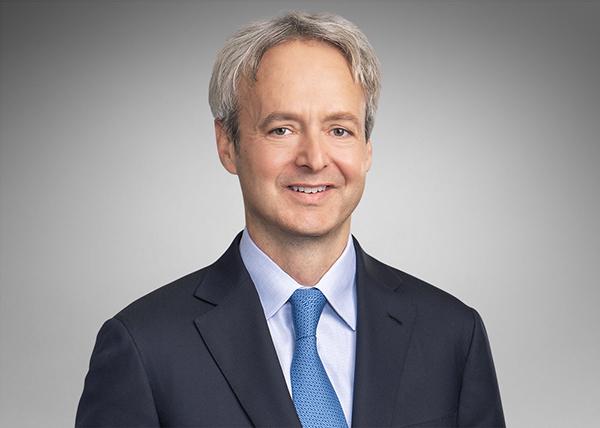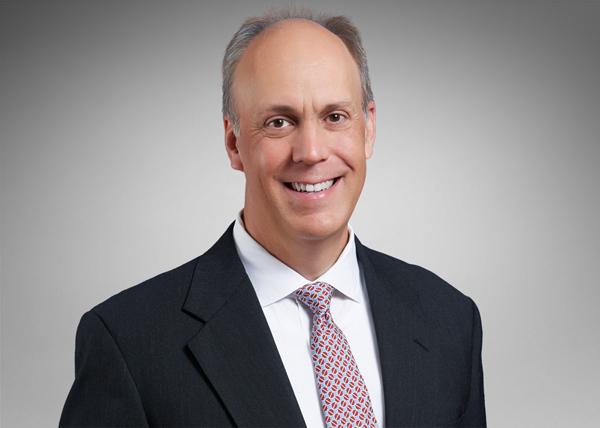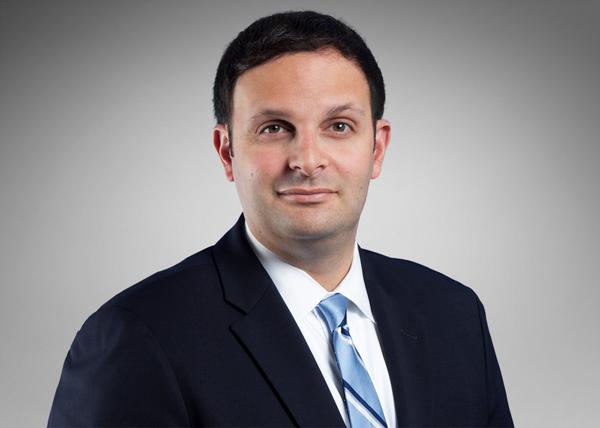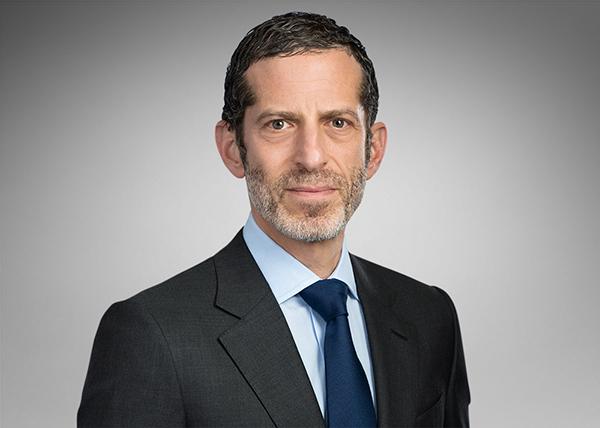On January 26, 2023, in In re McDonald’s Corp. Stockholder Derivative Litigation,[1] the Delaware Court of Chancery held that corporate officers owe a duty of oversight akin to that owed by directors under the seminal 1996 Caremark decision.[2] Although some scholars and practitioners have long argued that officers should or do owe a duty of oversight, and as a practical matter many officers likely assume that they have such an obligation, McDonald’s marks the first time this duty was explicitly acknowledged by a Delaware court. In addition, McDonald’s signals a willingness to consider sexual misconduct or toxic culture—conventionally employment law issues—as grounds for claims of fiduciary duty violations. Although the duty of oversight is grounded in the duty of loyalty and is thus non-exculpable, McDonald’s highlights the liability risks faced by officers and may move Delaware corporations to take advantage of a recent change to corporate law that allow exculpation of officers from duty of care violations, as has long been available for directors.[3]
The McDonald’s Holding
In McDonald’s, the company’s stockholders brought a derivative action on behalf of the corporation against the former Executive Vice President and Global Chief People Officer, David Fairhurst, alleging that he breached his fiduciary duties to the company by consciously ignoring red flags regarding sexual misconduct and failing either to address those red flags or escalate them to the board or CEO.[4]
Fairhurst moved to dismiss the suit for failing to state a claim on which relief can be granted, arguing that Delaware law does not impose any obligation on officers comparable to the director’s duty of oversight articulated in Caremark. In denying Fairhurst’s motion, the court held, unambiguously, that “corporate officers owe a duty of oversight.”[5] Although the court construed its holding as a clarification of preexisting Delaware law, noting that the Delaware Supreme Court has previously held officers to the same fiduciary duties to the corporation as directors, McDonald’s marks the first time a Delaware court has explicitly extended Caremark oversight duties to officers.
Under Caremark, as elaborated on in Stone v. Ritter,[6] and as now also applied to officers, plaintiffs alleging violations of the duty of oversight must allege facts supporting an inference that either (1) the director or officer “utterly failed” to implement any reporting or information system or controls, or (2) the director or officer “consciously failed” to monitor or oversee such reporting system and thus was disabled from being informed of risks or problems requiring attention.[7] The McDonald’s court explained that the same policy rationale for subjecting directors to a duty of oversight—that the law takes seriously their role in managing the corporation—applies with equal or more force to the officers who are actually tasked with overseeing a corporation’s day-to-day operations. Moreover, “[f]or relevant and timely information to reach the board, the officers who serve as the day-to-day managers of the entity must make a good faith effort to ensure that information systems are in place so that the officers receive relevant and timely information that they can provide to the directors.” [8]
In McDonald’s, although holding that the officers owe a duty of oversight just as directors do, the court did acknowledge distinctions in the roles played by officers and directors in overseeing a corporation’s affairs, and, as such, clarified that the scope of the duty of oversight will differ slightly between officers and directors and amongst different officers. The court explained that “directors are charged with plenary authority over the business and affairs of the corporations,” and therefore “the board has oversight duties regarding the corporation as a whole.”[9] Officers, on the other hand, with some exceptions (notably, the CEO), “generally have a more constrained area of authority.”[10] Therefore, the extent of an officer’s duty of oversight will be limited to the area of corporate activity for which they are responsible—“the Chief Financial Officer is responsible for financial oversight . . . [t]he Chief Legal Officer is responsible for legal oversight . . . [t]he executive officer in charge of sales and marketing is not responsible for the financial or legal reporting systems.”[11]
Finally, the duty of oversight is grounded in the duty of loyalty, and, as a consequence, “officers will be liable for violations of the duty of oversight if a plaintiff can prove that they acted in bad faith and hence disloyally.”[12] The McDonald’s court considered whether officer oversight claims could also be asserted under the duty of care—in which case plaintiffs would have to show only gross negligence—but concluded that this would discourage qualified individuals from serving as officers due to the potentially excessive threat of hindsight-based liability.[13]
Implications
Based on McDonald’s, officers, like directors, now have a duty of oversight. Officers will be liable for violating that duty if, within their area of responsibility, they consciously fail to make a good faith effort to establish information reporting systems, or they consciously ignore red flags that arise from those reporting systems or otherwise come to their attention. In McDonald’s, Fairhurst’s area of responsibility as Global Chief People Officer encompassed human resources and work culture, and the plaintiffs successfully alleged that Fairhurst consciously ignored red flags of a toxic culture and widespread complaints of sexual harassment and misconduct.
Also, after McDonald’s, it may seem like open season for officer oversight failure claims. However, in addition to having to prove the bad faith conduct necessary to demonstrate a violation of the duty of loyalty, plaintiffs must also prove demand futility or wrongful refusal by the corporation’s board before bringing an oversight claim derivatively on the company’s behalf.[14] Demand futility may be particularly difficult to establish in a case directed solely at oversight failures by officers, as it requires showing that a majority of directors is disqualified from acting on a demand because they received a material financial benefit from the alleged misconduct, faced a substantial risk of liability in connection with the claims at issue, or lacked independence from someone who received such a benefit or faced such a risk of liability.[15] Where the focus of a case is officer rather than director misconduct, it may be difficult to make this showing with respect to a majority of the board.
The McDonald’s court also notably held that, when it comes to determining the scope of a particular officer’s duty of oversight, the board may tailor officers’ obligations and responsibilities.[16] This suggests that it is within the ambit of the board to assign officer responsibility in a way that not only determines what is within each officer’s job duties, but also determines the oversight failures, if any, for which that officer could be held liable. Thus, the board has two mechanisms for limiting the extent of officer’s oversight liability. It may limit the areas to which the officer is responsible for establishing reporting systems and acting on red flags. It also may (when demand is not excused) enforce its prerogative to decide whether or not to assert claims against officers based on oversight failures, by declining to assert such claims when it reasonably concludes litigation would not be in the best interests of the corporation.
Going forward, corporations may also want to consider taking steps to limit officer’s potential liability for duty of care violations, given the emphasis in McDonald’s on the fact that officers and directors have the same fiduciary duties.[17] In particular, corporations may want to take advantage of a recent amendment to the Delaware General Corporation Law in 2022, which allows a Delaware corporation to adopt exculpatory language in its certificate of incorporation that limits the personal liability of officers for breaches of the fiduciary duty of care.[18] These amendments remedied a long-standing discrepancy between the availability of exculpation for directors, but not for officers, despite the fact that officers may also be directors, as well as the recent trend of stockholder claims against officers as reflected in McDonald’s.[19] Now may be a prudent time for a corporation to take advantage of the statutory change and amend its certificate of incorporation in order to equalize the protections offered to their directors and officers. Of course, for a publicly traded company, amending its charter may be an unwanted challenge, and boards will want to consider various factors in determining whether to pursue such an amendment.
If you have any questions concerning the material discussed in this advisory, please contact a member of our Capital Markets and Securities, M&A, or Securities Litigation practices.
[1] 2023 WL 387292, C.A. No. 2021-0324-JTL (Del. Ch. Jan. 26, 2023).
[2] In re Caremark International Inc. Derivative Litigation, 698 A.2d 959 (Del. Ch. 1996).
[3] See Del. Code Ann. tit. 8, § 102(b)(7), and our prior client alert discussing the change.
[4] In re McDonald’s, 2023 WL 387292, at *1. Related claims against nine members of the McDonald’s board of directors were dismissed by the Court of Chancery in an order issued on March 1, 2023. The court held that the director defendants did not act in bad faith in response to red flags about the company’s corporate culture, and thus did not violate their duty of oversight. The oversight claim against Fairhurst, on the other hand, remains pending as of the date of this alert.
[5] Id. The McDonald’s court did not specify exactly what it meant by the term “officer.” One statutory definition of the term includes “the president, chief executive officer, chief operating officer, chief financial officer, chief legal officer, controller, treasurer or chief accounting officer”; persons “identified in the corporation's public filings with the United States Securities and Exchange Commission because such person is or was 1 of the most highly compensated executive officers of the corporation”; and persons who have “by written agreement with the corporation, consented to be identified as an officer for purposes of this section.” Del. Code Ann. tit. 10, § 3114.
[6] 911 A.2d 362 (Del. 2006).
[8] In re McDonald’s, 2023 WL 387292, at *10.
[14] Of note, the McDonald’s court has not yet had the opportunity to rule on whether the plaintiffs have satisfactorily pled demand futility.
[15] United Food & Commercial Workers Union v. Zuckerberg, 262 A.3d 1034 (Del. 2021).
[16] See In re McDonald’s, 2023 WL 387292, at *10.
[17] See id. at *13 (citing Gantler v. Stephens, 965 A.2d 695, 709 (Del. 2009)).
[18] Del. Code Ann. tit. 8, § 102(b)(7). Because the duty of oversight is grounded in the duty of loyalty, it remains non-exculpable for both officers and directors.
[19] Officers still face somewhat different treatment, as the amended General Corporation Law only permits exculpating directors for claims made directly by stockholders, and does not allow officers to be exculpated from actions by or on behalf of the corporation. See Del. Code Ann. tit. 8, § 102(b)(7)(v).
Back
Back













